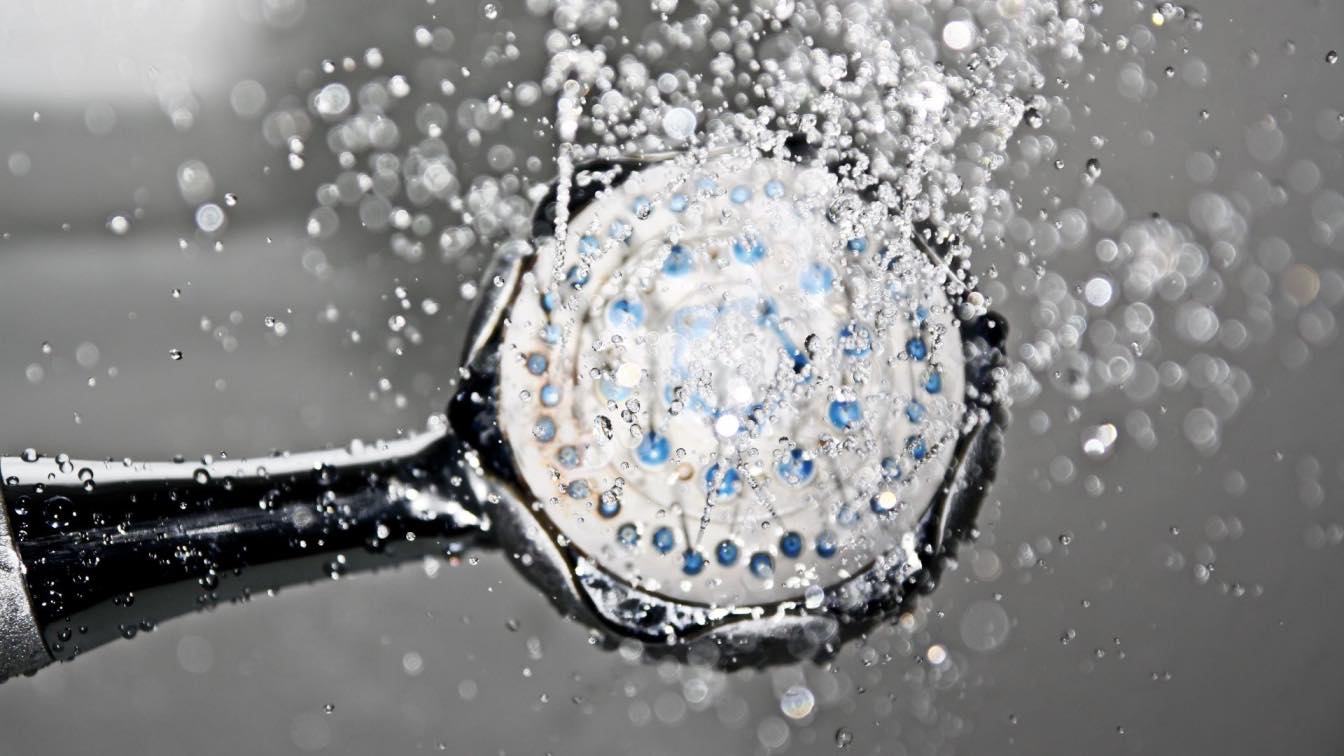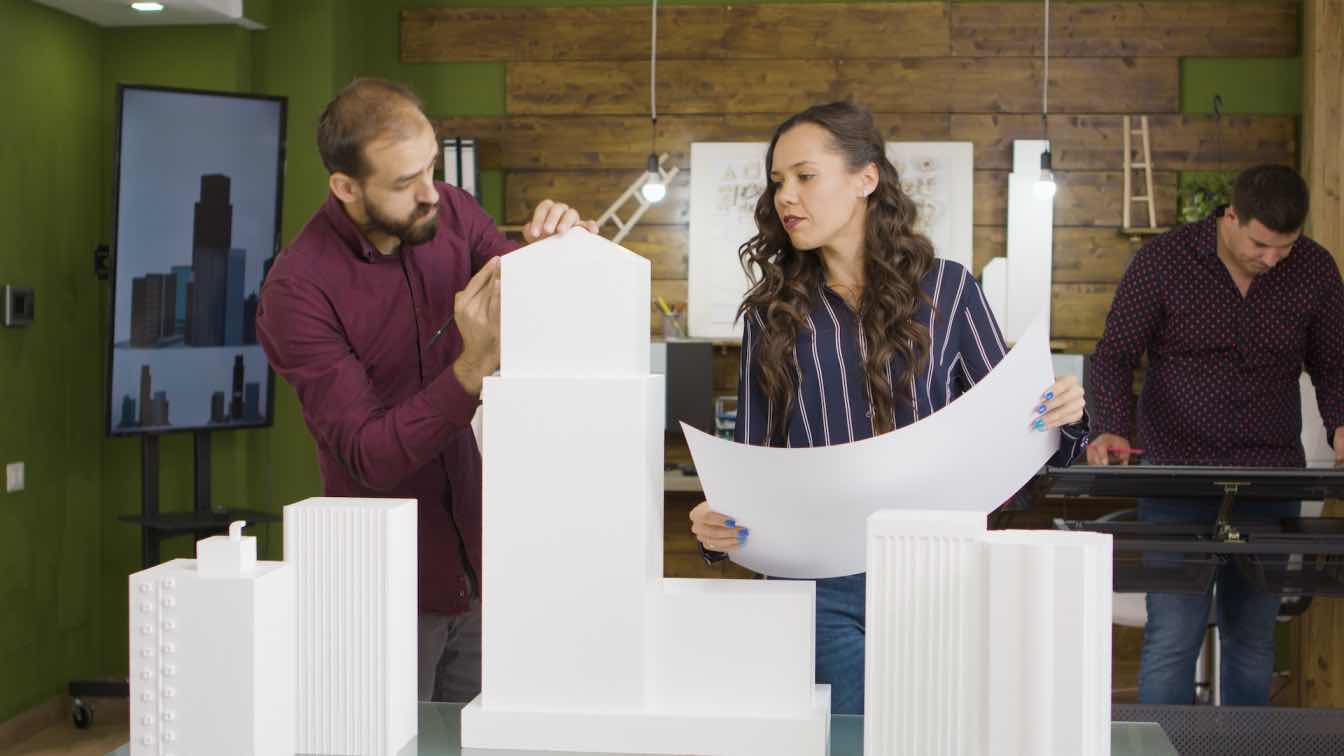There’s no denying the essential role that water heaters play in ensuring comfort within our homes, from hot showers to sanitized dishes. However, homeowners often overlook the importance of water heater safety, which, if neglected, can result in hazards ranging from minor inconveniences to significant household dangers.
Understanding and implementing water heater safety practices are crucial steps in safeguarding your home environment and extending the appliance's lifespan. Here are key safety tips every homeowner should be aware of.
Regular Inspection and Maintenance
Routine checks are vital in preventing the most common water heater problems. When it comes to a water heater not working, it’s often a symptom of underlying issues that could have been avoided with regular maintenance.
Ensure a professional inspects your system annually, focusing on the thermostat, valves, connections, and protective anode rod. These components are crucial for the heater's proper functionality and, if faulty, can compromise the entire unit's safety and efficiency.
Temperature Settings Matter
Many manufacturers set water heater thermostats at 140 degrees Fahrenheit by default; however, setting the temperature at 120 degrees can reduce the risk of scalding and energy consumption.
Not only does this lower setting safeguard against burns, especially in households with children, but it also minimizes mineral buildup and corrosion in your water heater, thereby prolonging its efficiency and lifespan.
Understand The Pressure Relief Valve
The pressure relief valve is a critical safety feature on water heaters, designed to release pressure when it exceeds safe levels and prevent explosions.
Homeowners should regularly check this valve by lifting the lever and allowing it to snap back, listening for a gurgling sound as the valve allows some water to be released into the drain tube. If it’s not functioning correctly, immediate replacement is necessary.
Keep The Area Around Your Water Heater Clear
Water heaters need sufficient space for optimal operation and safety. Flammable products such as gasoline, paint, or solvents should never be stored near the unit.
Additionally, ensure the area is free from clutter, allowing for adequate airflow and making it easier to notice potential issues such as leaks. This practice is crucial for both electric and gas water heaters, as restricted space can create fire hazards.
Install A Carbon Monoxide Detector
For homes with gas water heaters, a carbon monoxide detector is an indispensable safety tool. Incorrectly vented or malfunctioning gas water heaters can lead to carbon monoxide accumulation, an odorless, colorless gas that can be fatal.
Install a detector near your water heater and check it regularly, ensuring your household's safety from potential carbon monoxide poisoning.
Earthquake Straps For Seismic Safety
In earthquake-prone areas, securing your water heater to wall studs is mandatory to prevent the unit from toppling over during a seismic event, potentially causing gas leaks or water damage. Even if earthquakes are rare in your location, using restraints can provide additional stability for your water heater, safeguarding your home from unexpected disasters.
Know How To Shut It Down
In emergencies, quickly shutting down your water heater is crucial. Ensure all adults in your household know the location of the circuit breaker for an electric water heater or the gas shut-off valve for a gas water heater. In situations like a gas leak or a broken water pipe, this knowledge is fundamental to securing your home and averting further hazards.
Conclusion
Water heater maintenance and safety doesn’t have to be a daunting task. By integrating these safety practices into your routine, you can ensure that your water heater operates efficiently and safely, providing your household with the comfort it needs. A proactive approach, from regular inspections to strategic safety installations, can make all the difference in preventing accidents and securing peace of mind for every homeowner.
Remember, the care you invest in your appliances reflects the care you have for your home and everyone within it.





